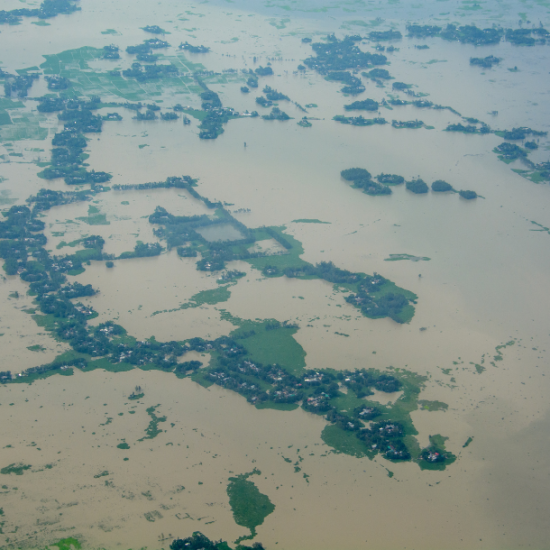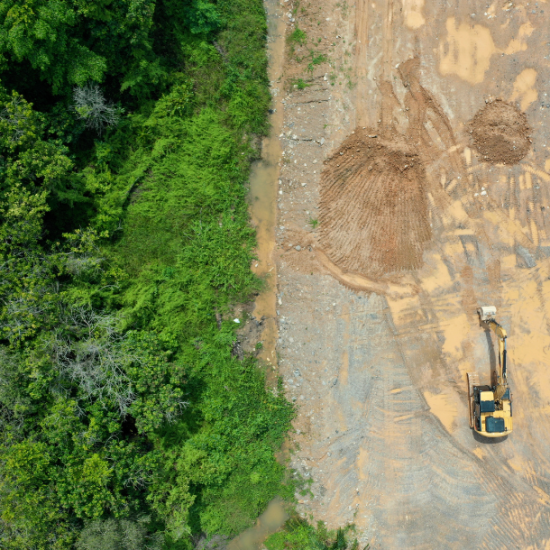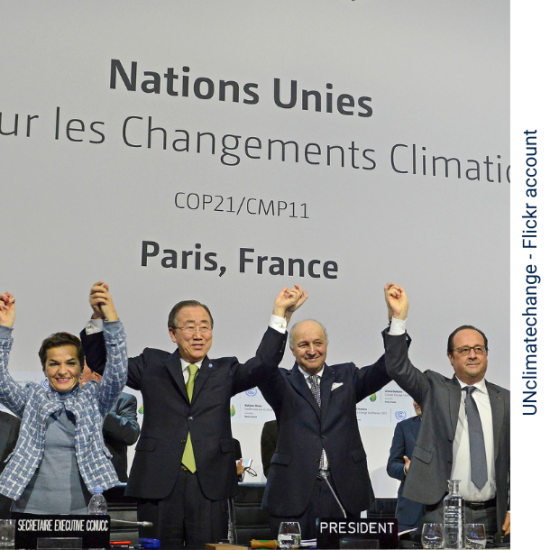
By Amir Dossal, President & CEO of the Global Partnerships Forum – a not-for-profit knowledge platform providing changemakers with tools to build innovative partnerships for the UN Sustainable Development Goals.
With global warming impacting humanity globally, the international community is looking for sustainable solutions to address the imbalances in our society. Successful climate action requires strong support from a wide range of actors, including governments, regions, cities, business, investors and all parts of civil society.
The UN Framework Convention on Climate Change (UNFCCC) stands as a critical global framework, fostering international collaboration to address the pressing issue of climate change. Through its agreements and protocols, the UNFCCC provides a platform for nations to collectively work toward reducing greenhouse gas (GHG) emissions and adapting to the changing climate, emphasising the essential role of global cooperation in combating this multifaceted challenge. And the role of the UNFCCC is even more critical now, as it strives towards effective concrete actions by all nations.
Climate change is humanity’s most formidable adversary, a global threat that transcends borders, affecting us all. While its implications have triggered discussions and negotiations at local, regional, and international levels, the resulting interventions aim to address this colossal challenge. Among them, the Paris Climate Agreement, born of collective efforts, unites nations in a commitment to curtail global warming to well below 2.0 degrees Celsius. The surge in greenhouse emissions since the industrial revolution has heated the planet, impacting countries disproportionately.

Consider, for example, the statistics provided by the United Nations Environment Programme (UNEP) in 2021: Africa, contributing a mere 2% to 3% of global emissions, bears the greatest vulnerability to climate change’s impact. This exposes a stark disparity in vulnerability and resilience across nations due to geographic, political, and socioeconomic factors. The issue here is that the effects of climate change are intrinsically tied to global emissions. Every nation, to varying extents, both contributes to and suffers from the climate crisis. As such, international cooperation emerges as the imperative route to confront this global challenge.
It is also argued that developed nations, having disproportionately benefited from GHG emissions, should shoulder a significant share of the costs related to emission reduction and crisis mitigation. International treaties, such as the Montreal Protocol, which effectively protected the ozone layer by phasing out chlorofluorocarbons (CFCs), and the Paris Agreement, exemplify the potential of international cooperation in addressing climate change. This demonstrates that the harnessing of international collaboration takes various forms.
Creation and execution of international policies and institutions
International cooperation to combat the climate crisis mandates the creation of comprehensive policies and institutions. These policies and institutions should focus on disseminating decarbonisation technologies, endorsing low-carbon development pathways, and fostering cross-border innovation to achieve shared adaptation and mitigation objectives.

It is crucial that climate policies are well-crafted at the international level and adaptable to regional and local contexts. These policies should also be ambitious, broad in scope yet flexible, and should take into account climate targets, cost-benefit analyses, equity, institutional capacity, and other pertinent factors.
However, the creation of policies and institutions must be complemented by effective implementation through various mechanisms. Non-state actors, especially the private sector and civil society have an important role, by using their expertise and on the ground knowledge, to help convert these policies to action. (In Collaborating to crack the climate crisis Professor Marya Besharov highlights strategies to drive partnerships for climate action.)
Joint implementation
This method calls for partnerships between countries to engage in joint reduction projects with the aim of achieving specific GHGs emission reduction targets. For instance, one country may fund the implementation of an emission reduction project in another country, thus covering the latter’s shortfall in achieving its emission reduction target.

This approach allows industrialised and developed countries (Annex I and II countries) to meet their reduction commitments while providing developing countries with much-needed resources to reduce their emissions, thus enhancing the achievement of net zero emissions. Through innovative collaboration and partnerships between countries, we can improve our chances of winning the climate fight.
Partnerships
Everything revolves around innovative partnerships and alliances. International cooperation in addressing the climate crisis necessitates ongoing dialogues with other nations on climate change-related matters. These dialogues serve to co-create and exchange knowledge and technology, develop best practices, and forge collaborative efforts. Through partnerships with various stakeholders, including experts, non-governmental organisations, research institutions, companies, industries, and local and national governments, countries can identify the problems and needs of their partner nations. Multi-stakeholder partnerships can also serve as a valuable platform for national and regional initiatives. Tailored support can then be provided to help these countries establish decarbonisation markets, develop new systems, and realise adaptation and mitigation strategies.
Climate funding
One of the most pressing issues that impedes climate action is financing! To reduce emissions, encourage adaptation, and build resilience globally, substantial financial resources and investments are essential.

Through international cooperation climate funds can be mobilised from public, private, and other sources at both individual and collective country levels. Significant financial commitments to the Adaptation Fund, Global Environment Facility, and Green Climate Fund, particularly by major global economies, can change that equation. These public funds can be used to incentivise private sector investment and promote the mainstreaming of climate change considerations in public spending, aligning finance with emission reduction and climate-resilient growth strategies, as recognised by the Paris Agreement.
Knowledge sharing
International cooperation must emphasise knowledge sharing, including the generation and transfer of climate technologies. These technologies offer opportunities for production and consumption across nations while mitigating global emissions. Climate technologies encompass low-carbon development models, such as renewable energy, carbon capture, climate-smart agriculture, green construction, REDD+ (Reducing Emissions from Deforestation and Forest Degradation), and more. Developed nations, equipped with the necessary resources, need to take a leading role in developing and financing access to climate technologies in partnership with other countries, all working towards shared objectives and commitments. We need innovation and entrepreneurship, including use of frontier technologies such as AI to be part of the climate solution.
Shared global responsibility: The road to COP28
Every nation, in alignment with its economic circumstances, should contribute to resolving the climate crisis. Major emitters must shoulder their responsibilities by making substantial contributions. Developed countries, endowed with greater economic resources, can lead by example, offering financial and technological support and significantly reducing their emissions. Assistance to the least developed countries to enhance their climate adaptation, resilience, and sustainable development capabilities can go a long way in addressing this lacuna. Through global diplomacy and international cooperation all nations can actively and collectively address the impact of climate change.
In summary, international cooperation is the linchpin for addressing the climate crisis. It holds the key to realising ambitious emission reductions, promoting green subsidies, enabling technological transfers, enforcing policies, and fostering compliance. By unifying our efforts on a global scale, we can strive for a sustainable and resilient future, mitigating the impacts of climate change and securing our planet for generations to come.
